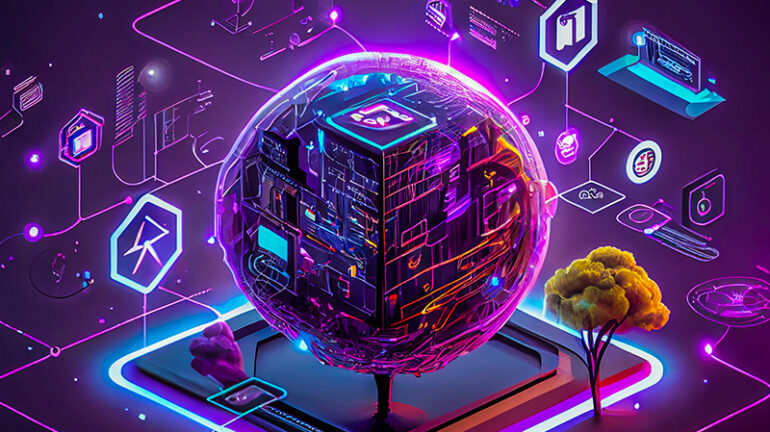
While Artificial Intelligence (AI) offers numerous benefits and opportunities, it also comes with challenges and potential downsides. Here are some of the flip sides of AI:
- Job Displacement: One of the most significant concerns is the potential for job displacement. As AI and automation technologies advance, they may replace certain routine and repetitive tasks, leading to job loss in industries like manufacturing, customer service, and data entry.
- Bias and Fairness: AI algorithms can inherit biases present in the data they are trained on. This can lead to unfair or discriminatory outcomes in areas like hiring, lending, and law enforcement if not carefully managed.
- Privacy Concerns: The collection and analysis of vast amounts of data for AI can raise privacy concerns. AI systems may be used to monitor individuals’ behavior, leading to worries about surveillance and data misuse.
- Security Risks: AI can be used by cybercriminals to develop sophisticated attacks. AI-powered malware and phishing scams can adapt and evolve rapidly, making them harder to detect and defend against.
- Ethical Dilemmas: AI systems can face complex ethical dilemmas. For example, autonomous vehicles must make decisions in life-threatening situations, raising questions about who is responsible for these decisions.
- Loss of Human Expertise: Over-reliance on AI for decision-making can lead to a decline in human expertise and critical thinking skills. People may become overly dependent on AI recommendations.
- Environmental Impact: Training AI models requires significant computational power, which can have a substantial carbon footprint. The environmental impact of AI infrastructure is a growing concern.
- Economic Inequality: The benefits of AI may not be distributed evenly. Larger companies and wealthy individuals often have greater access to AI technology, potentially exacerbating economic inequality.
- Loss of Creativity: In creative fields, such as art and writing, AI-generated content may reduce the need for human creativity and originality, potentially stifling innovation.
- Reliability and Accountability: When AI makes decisions, it can be challenging to determine who is responsible if something goes wrong. Establishing accountability and ensuring AI’s reliability are ongoing challenges.
- Depersonalization: In customer service and healthcare, the use of AI-driven chatbots and virtual assistants may lead to a depersonalized experience, reducing the quality of human interactions.
- Regulatory and Legal Challenges: The rapid development of AI has outpaced regulatory frameworks in many areas. Developing appropriate regulations and laws to govern AI’s use and address its challenges is an ongoing struggle.
To maximize the benefits of AI while mitigating its downsides, it is crucial for governments, businesses, and researchers to work together to develop responsible AI practices, ethical guidelines, and policies that promote transparency, fairness, and accountability in AI systems. Additionally, ongoing education and training programs can help individuals adapt to the changing job landscape and harness the potential of AI technology.